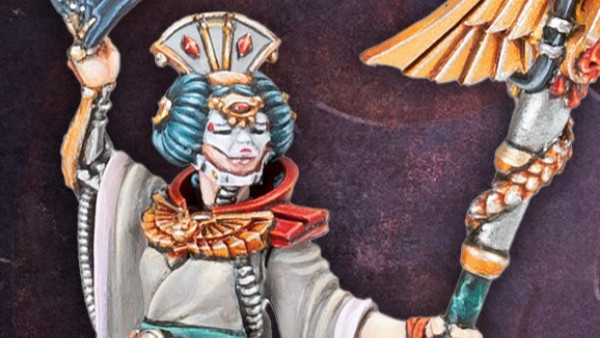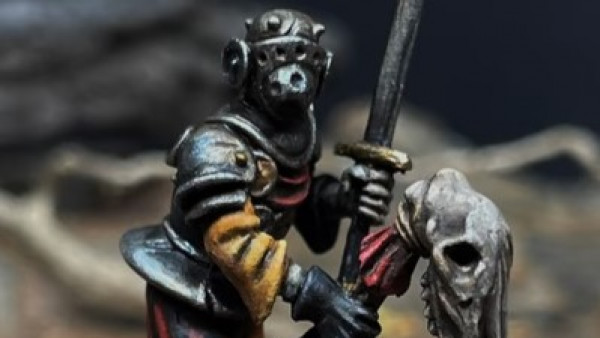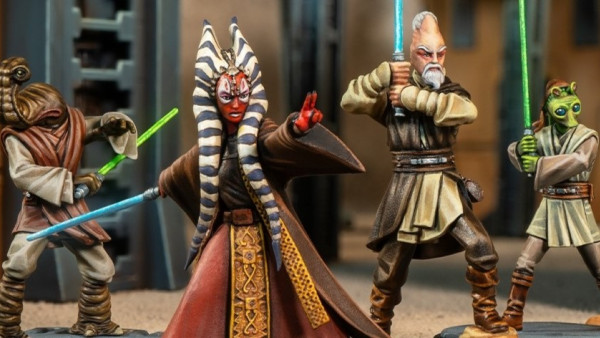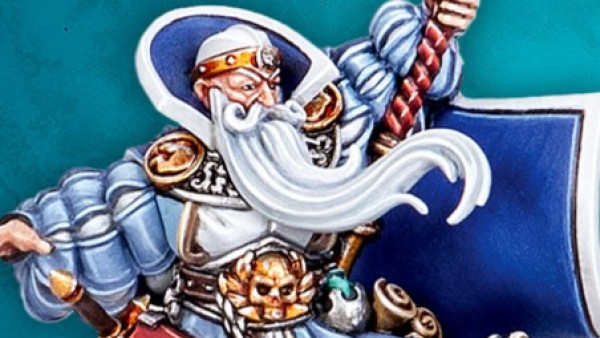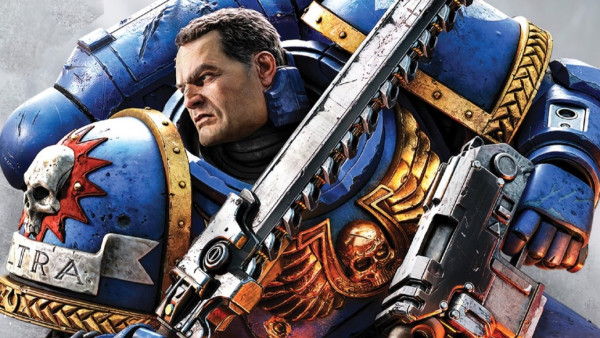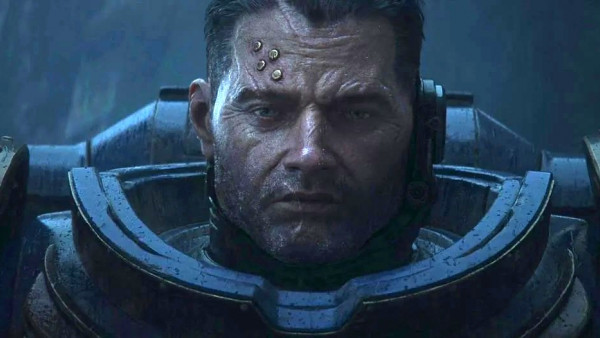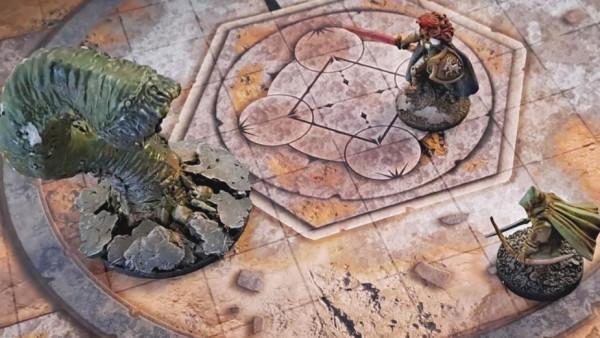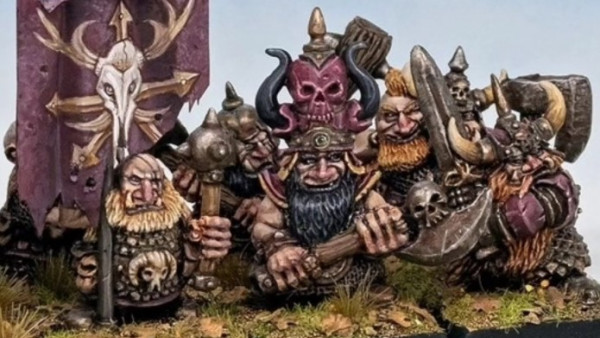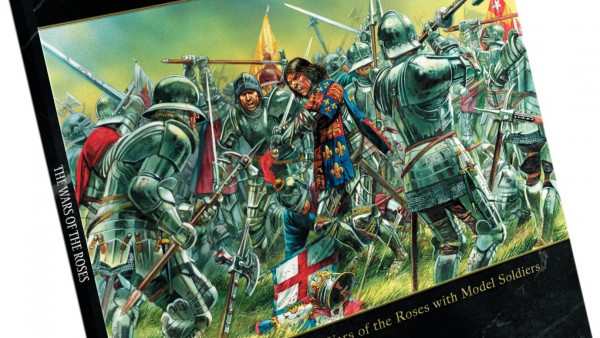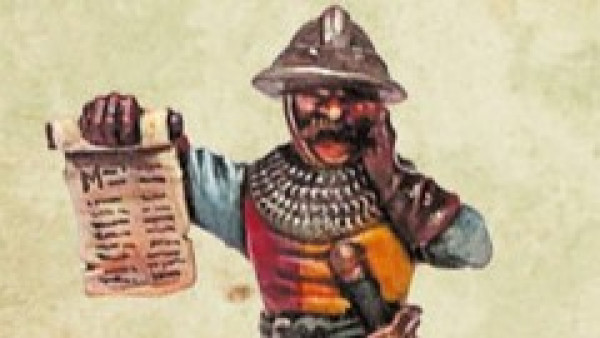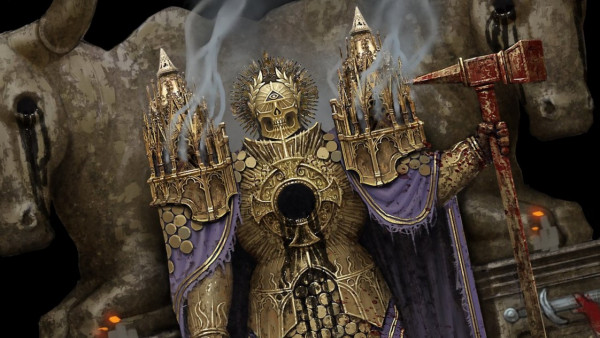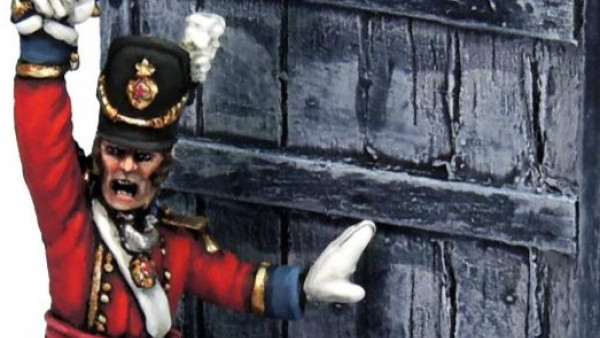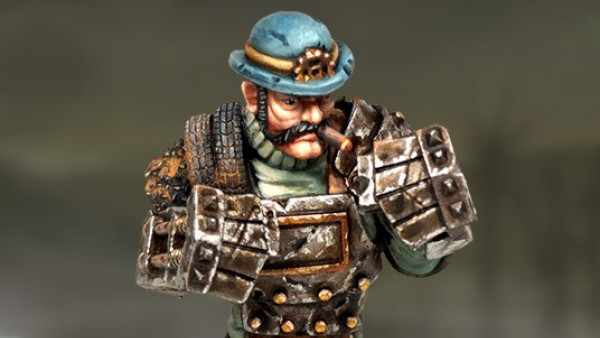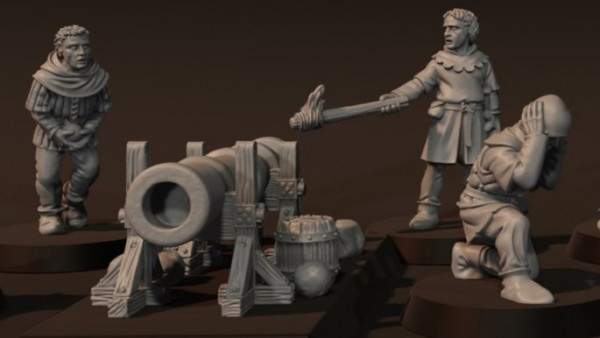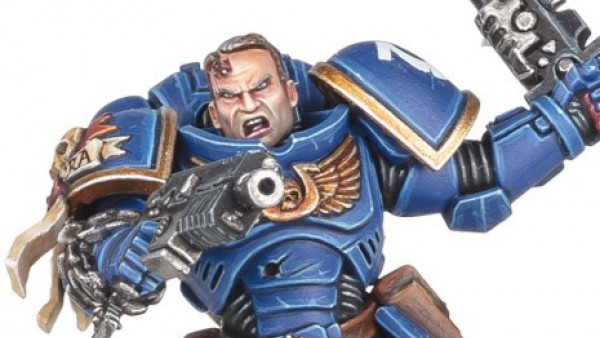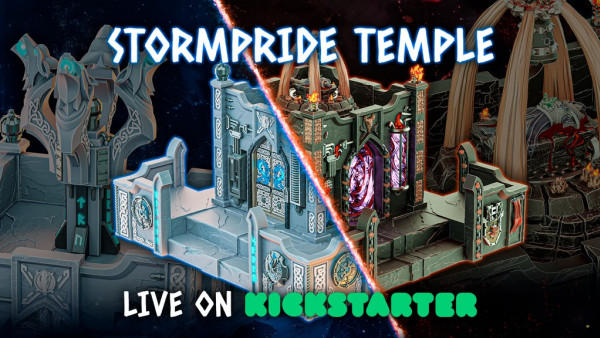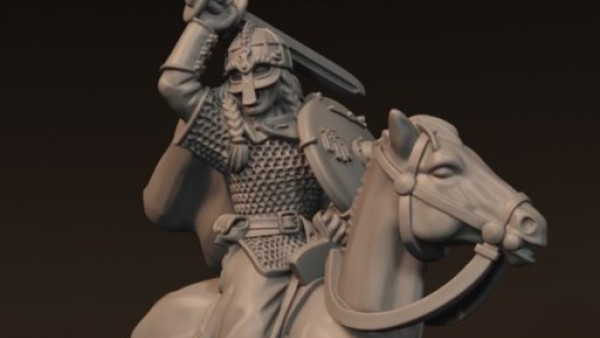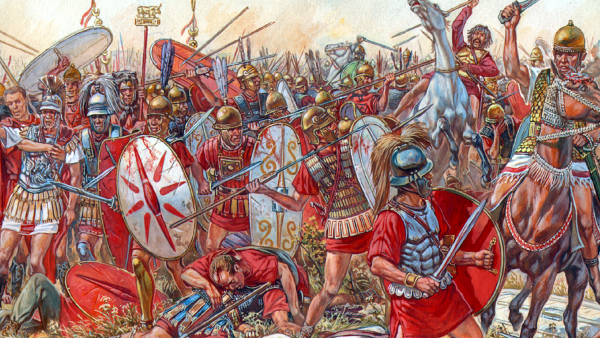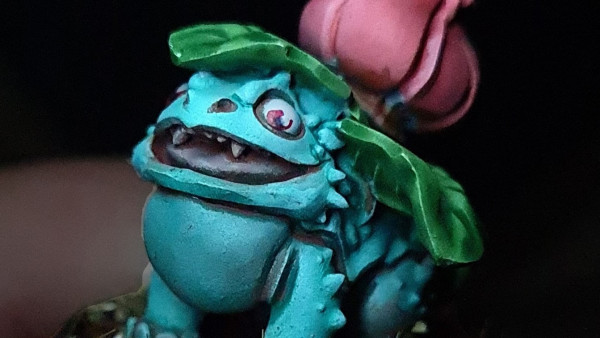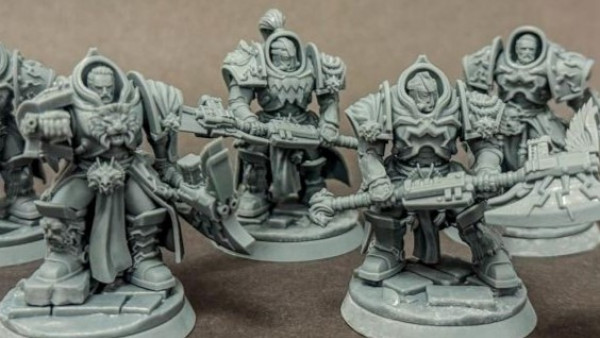Home › Forums › COG – Green Room › Disabilities and mental health (problems) › Reply To: Disabilities and mental health (problems)
@mordiano , thanks for sharing your story – it’s really interesting.
I remember the heated debate here on BoW when the Lobotomy Kickstarter was running. I think they too a similar approach: that the ‘madder’ your character got, the more powerful they became. It did actually make sense, because your character was supposed to be halucinating and the game takes place in an imaginary world, so as you got worse, you ability to influence the setting increased.
I think roleplaying games can potentially explore mental illness more easily than board games. Partly because you generally have more time to explore it (or it’s a ‘one shot’ that can focus on it). Partly because board games are often condensing themes. In Lovecraft/Cthulhu type games, as well as Lobotomy, it’s not only mental illness that’s being incorporated. It’s also trying to recreate the feel of a horror story or film. The source material may itself have a problematic take on the issue of mental health.
I’m fairly torn. I think there is a better understanding of mental health issues these days, albeit still not as great as many physical health problems. I appreciate it when games (or novels, films, etc.) do justice to the subject. I have suffered depression and have friends who have or who have suffered from mental health problems.
But I still often enjoy films / games, etc. which take a more stereotypical view of it.
I think @dignity made a good point, that the least games designers can do is treat the subject with respect, and do their best to demonstrate that they care about what people think and feel about the issue. If they consciously choose to play to stereotypes, but try to avoid causing gratuitous offence, that’s better than doing so unthinkingly, as long as they try to bring people with them and explain why they’re doing what they’re doing.
Interesting subject!








































